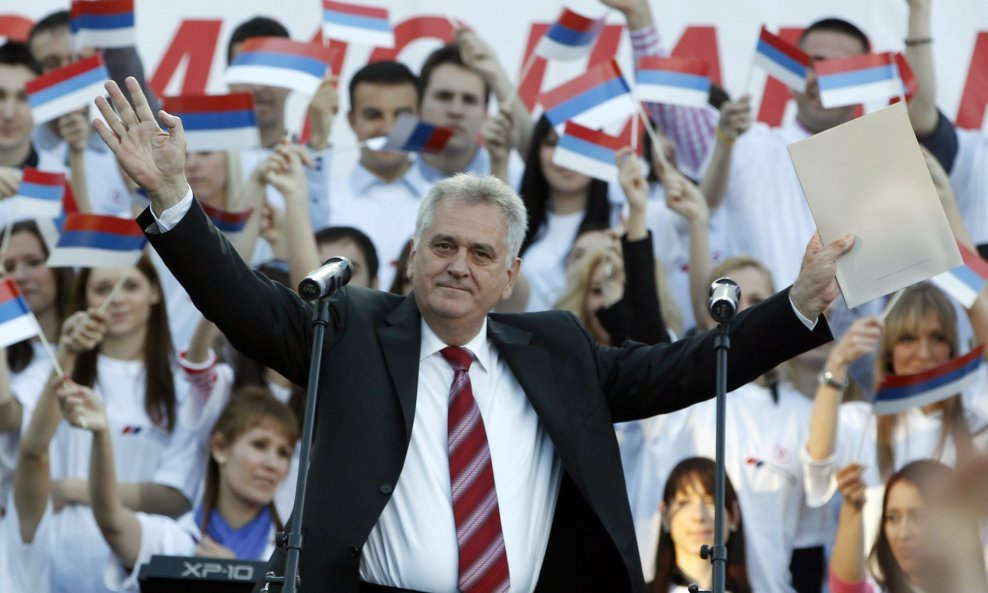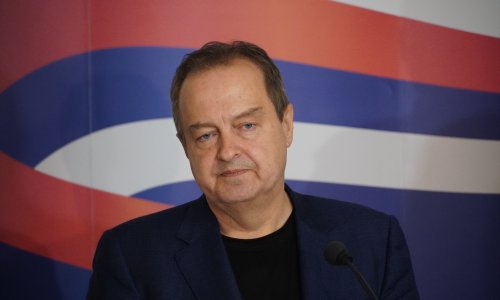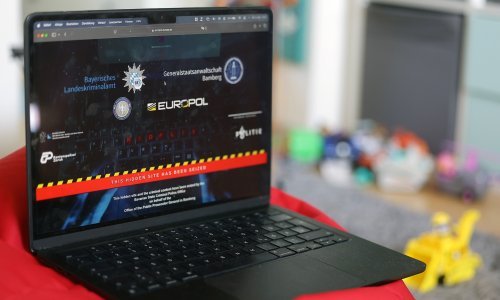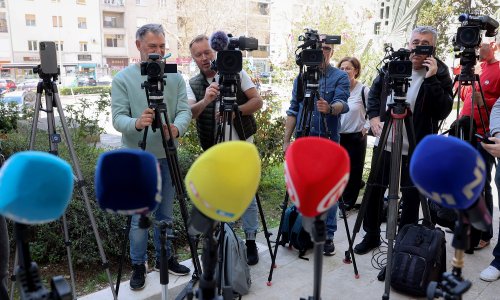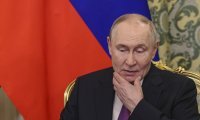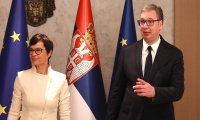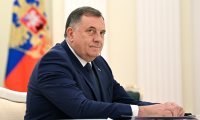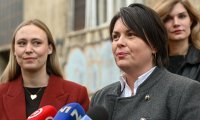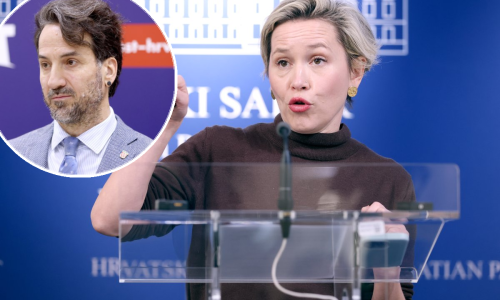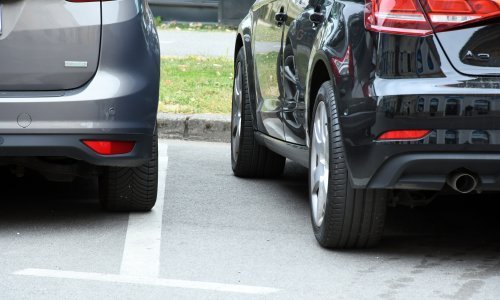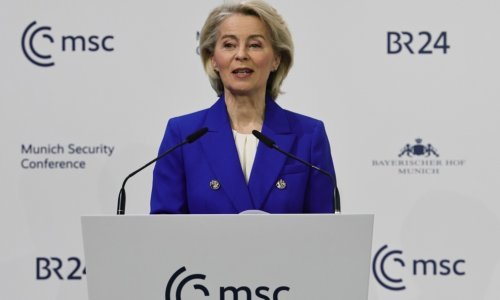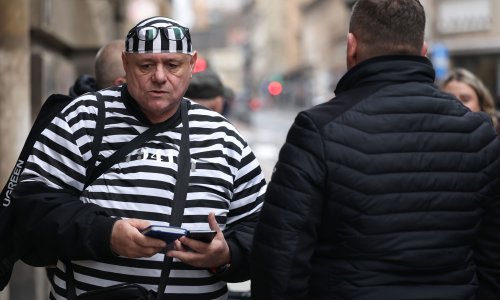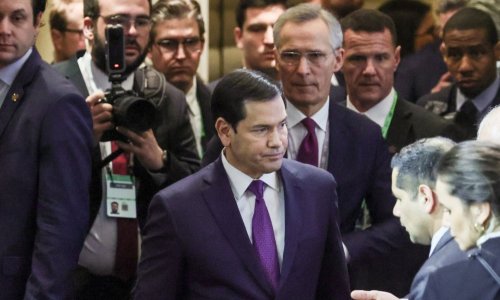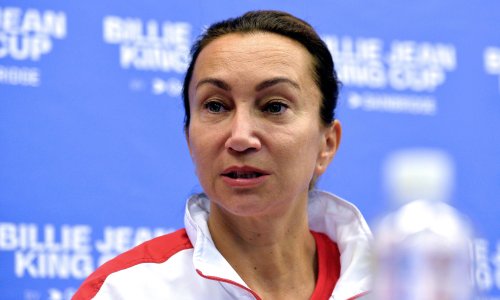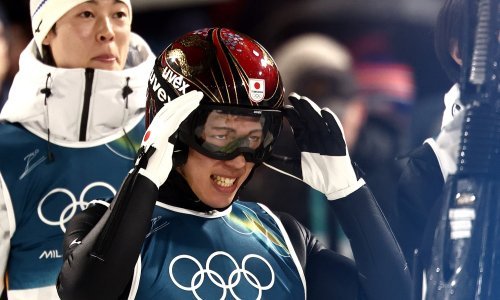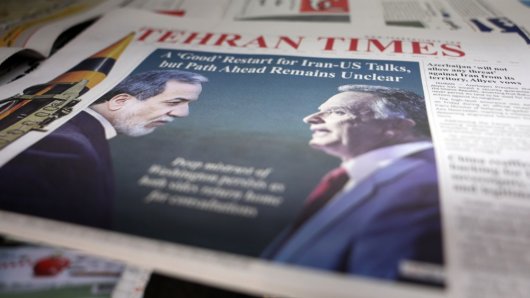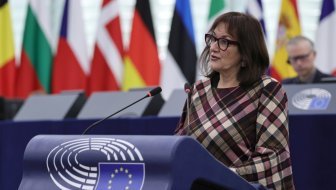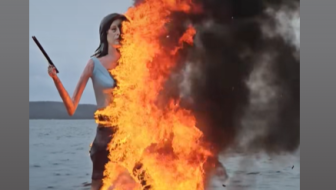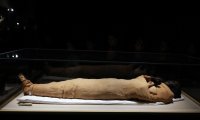Serbian Progressive Party (SNS) leader Tomislav Nikolic and one of the two candidates for President of Serbia, said on Saturday that his party did not recognise the results of the 6 May general elections as presented by the Serbian Election Commission.
Speaking after the SNS presidency's meeting on Saturday morning, Nikolic said that the party leadership had adopted a conclusion under which the party did not recognise the election results made public by the election commission.
According to the commission's final results, the SNS won 73 seats in the Serbian parliament and is followed by Boris Tadic's Democratic Party (DS) with 67 seats. The Socialist Party of Serbia led by Ivica Dacic secured 44 seats. The coalition of Tadic's Democrats and Dacic's Socialists will most likely form the new Serbian government.
"As of tomorrow we embark on peaceful, democratic and nonviolent protests throughout Serbia in order to show to the Serbian public that the elections were not fair and were not in compliance with the law," Nikolic said, adding that a decision on a possible protest rally in the capital Belgrade would be made on Sunday.
Nikolic, who together with Tadic should compete in Serbia's presidential run-off on May 20, claimed that his party possessed "ample evidence to support claims about the irregularity of the (May 6) elections".
"We will decide tomorrow whether there will be the second round of the elections," the SNS chief said.
In response to Nikolic's accusations about the unfair elections, the state election commission said that the 6 May elections were held in an orderly manner and there was no reason to declare them null and void.
Nongovernmental organisations, which had monitored the election process, regarded the SNS claims as the party's justification for the fact that it did not achieve the expected results and as the party's electioneering move ahead of the presidential run-off.
The Organisation for Security and Cooperation in Europe whose observers monitored the elections said that the process had been conducted in an orderly fashion.



